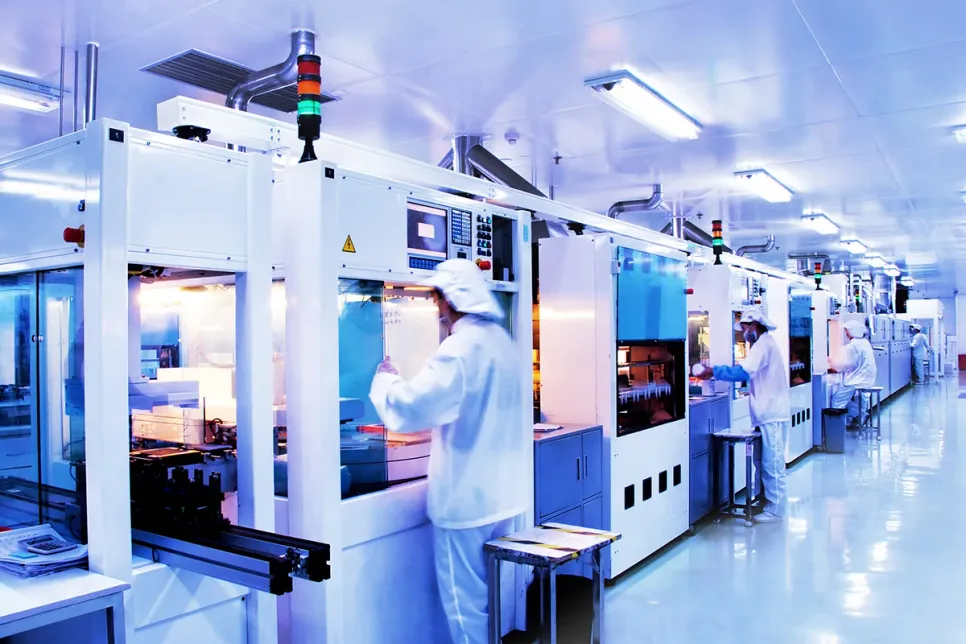Siemens Honors Pioneering Inventors for the 30th Time
This year, for the 30th time, Siemens is awarding the title “Inventor of the Year” to outstanding researchers working in Germany, the United States, China, and Switzerland.

Foxconn Chairman Terry Gou said the iPhone will go into mass production in India this year, a shift for the largest assembler of Apple’s handsets that has long concentrated production in China, according to Bloomberg.
Gou said that Prime Minister Narendra Modi has invited him to India as his Taiwanese company plans its expansion in the country. Apple has had older phones produced at a plant in Bangalore for several years, but now will expand manufacturing to more recent models.“In the future we will play a very important role in India’s smartphone industry,“ Gou said at an event in Taiwan. “We have moved our production lines there.“
It’s not yet clear how Apple’s steps into India will affect its China operations. China has been the company’s most important manufacturing base for years, home to Foxconn’s biggest facilities and hundreds of other partners. Foxconn already has two assembly sites in the southern Indian states of Andhra Pradesh and Tamil Nadu, where it makes devices for Xiaomi and Nokia. Locating more production in India would help diversify Apple and Foxconn’s manufacturing footprint away from China.
The Indian assembly line of Foxconn’s Hon Hai Precision would serve local and export markets by the time Apple announces its next iPhone models in September, people familiar with the matter have said. The Taiwanese contract manufacturer, the biggest maker of iPhones, will initially invest about $300 million to set up for Apple with investments to ramp up as capacity expands, they said.
Gou said that his company is talking with the government about investment terms. He has a dozen software people in India and he plans to increase that to 600, he said. “We are the primary assembler after all,“ Gou said. “If our customer wants to boost its scale, it will need to depend on us to grow the comprehensive supply chain.“ Producing phones locally would also help Apple’s retail push in India. The company needs to meet a 30 percent local sourcing rule to be able to open its own stores in the country.